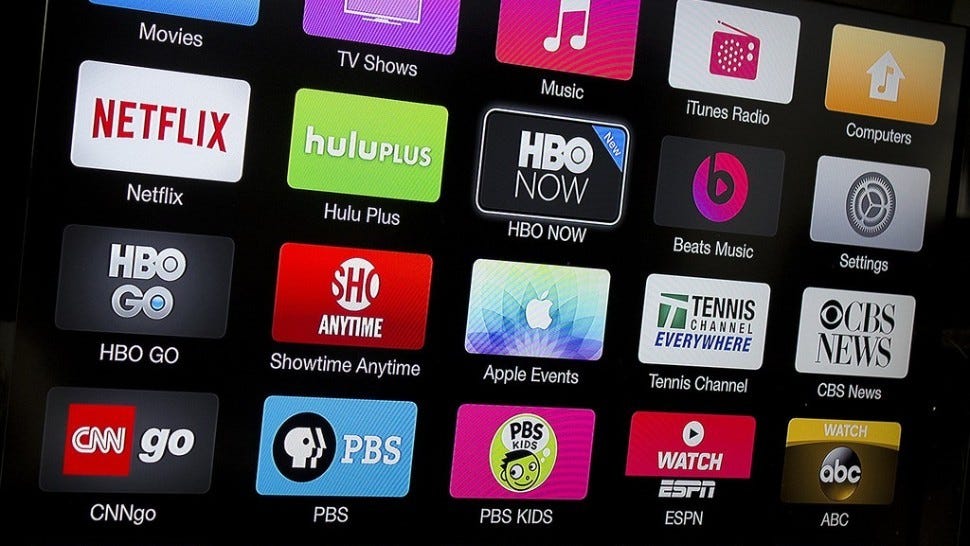price shopping
-
2 Questions That Will End Every Request for a Better Price
- November 15, 2021
- Posted by: Dave Kurlan
- Category: Understanding the Sales Force

What’s the point? When prospects tell you that they’re going with the lowest price, it’s total crap. They might be saying that, but are they required to do that? If they have any bottled water in the kitchen, pay for any streaming, or software then it’s simply not true. Can you say bluffing?
I don’t blame companies for trying to buy for less, but it doesn’t mean you have to sell for less, or match or beat someone’s price. They’re just saying the words and waiting to see if you’ll bite. Just about a year ago at this time, I wrote another article about selling value where I used Dunkin Donuts coffee as an example.
So what should you do when a prospect asks for a lower price?
-
The Difference Between Selling to Negotiators and Price Shoppers
- February 2, 2010
- Posted by: Dave Kurlan
- Category: Understanding the Sales Force
Salespeople often confuse the prospect who needs to negotiate with one who must have the lowest price and as Michael says so often in his article, nothing could be further from the truth.

